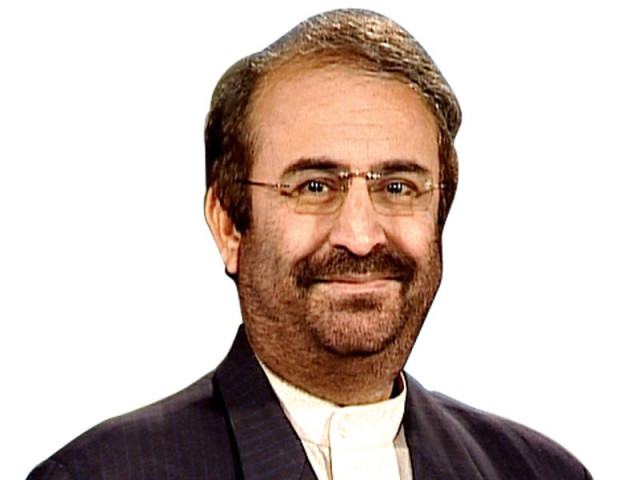TAPI’s construction crucial for entire region
Taliban wish to become party to providing security for project

Taliban wish to become party to providing security for project.
TAPI will not only connect Afghanistan to South Asia and Central Asia, but will also play an important role in giving Afghanistan political credibility at the regional level. A 700-kilometre portion of nearly 1,800-kilometre TAPI pipeline will be built in Afghanistan and according to officials, is scheduled to be completed by 2019.
The Asian Development Bank stated that once completed, the pipeline is expected to export up to 33 billion cubic meters of natural gas from Turkmenistan to Afghanistan, Pakistan and India annually for over three decades.
Afghan boom
It is the first time Afghanistan has formally joined a major regional multibillion project. According to Afghan economic experts, the country is likely to receive around $500 million transit fee every year and the initiative will generate direct and indirect jobs for thousands of people.
Nazim Samun, an economic expert told Afghan Islamic Press that the country would purchase 500 million cubic meters of gas in the first 10 years, one billion cubic meters in the subsequent decade and 1.5 billion cubic meters in the third decade. He also said if Afghanistan is able to extract its own gas during this time, it will be able to transmit it through TAPI pipeline.
Towards cordial relations
On his return from the ceremony, Ghani dispelled the idea that Pakistan and India could obstruct the construction of TAPI in Afghanistan. Sarnawesht, an independent newspaper, stated TAPI will bring traditional rivals - Pakistan and India closer. “As India and Pakistan are the major powers in the region and in dire need of energy, they might cooperate with each other in this field and hinder construction in Afghanistan,” the paper read on December 14.
Addressing a news conference, Ghani said TAPI will address 60% of Pakistan’s need for gas and Afghanistan needs to work on ways to make it possible. “We will put proxy wars aside and talk about cooperation,” he said. Ghani added his country was not a battlefield for anybody’s proxy war and Afghans needed to embrace this fact.
Ensuring a secure environment
Afghan media welcomed the project but believed security could be a major challenge.
A section of the Afghan media quoted officials as saying the government planned to deploy a special force of about 7,000 personnel to ensure security of the project.
Ghani also promised complete security to the pipeline that will pass through the Farah, Helmand and Kandahar provinces.
Taliban Foreign Minister Maulvi Wakil Ahmad Mutawakil, who had also signed the TAPI agreement with his Turkmenistan counterpart in 1997, favoured the project recently. Talking to a pro-Taliban website this week, he said, “TAPI could bring stability to the region and the Afghan government should not keep us out from becoming a party to TAPI’s security.”
Although the Taliban have not yet officially commented on the project, their unofficial website posted a picture of Mutawakil shaking hands with former Turkmenistan foreign minister after signing the agreement. Mutawakil, who attended several meetings on the project during Taliban rule in Afghanistan, disclosed that Mullah Omar had also backed the TAPI project.
“Mullah Omar believed TAPI would easily meet the energy requirements of Afghanistan and help maintain friendly relations with all neighbours,” he added.
Published in The Express Tribune, December 19th, 2015.













COMMENTS
Comments are moderated and generally will be posted if they are on-topic and not abusive.
For more information, please see our Comments FAQ